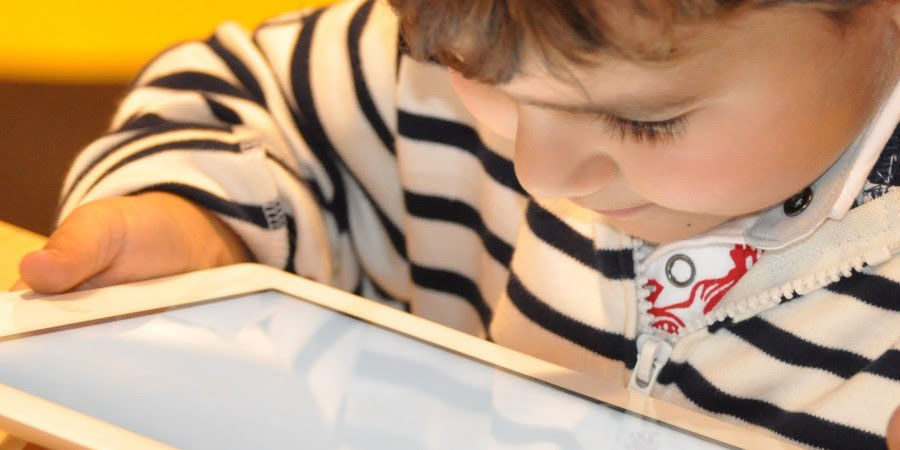
After launching Messenger Kids in December 2017, Facebook has continuously struggled to transcend the app’s ill-fated impressions from the public. The social media giant was found to have funded more than 100 parenting experts claiming that the app’s benefits, and it was discovered that the children using the app could interact with unapproved strangers through group chats.
Messenger Kids had become the first major messaging app aimed at children, as few internet companies allowed children to sign up for their services because of legal issues associated with the Children’s Online Privacy Protection Act of 1998, or COPPA. Facebook was able to evade major legal ramifications by having parents create the accounts for their kids. Parents could then monitor their kids’ activities through the Parent Dashboard of the main Facebook app. Parents can view their child’s recent contacts, images, and videos, log their child out of the app remotely and download a copy of their child’s information, including all the messages they’ve sent and received.
Priya Kumar, a researcher at the University of Maryland College of Information Studies (UMD iSchool) who studies the intersection of digital technology and parenting, thinks these changes are positive and simply makes the app safer for kids. “It’s really important to emphasize though that controls are not a panacea. It’s not that having more parental controls is going to solve any of the problems that arise from children and technology use.”
Kumar understands the implications of growing up in a world where it’s difficult to avoid digital technologies, but the solutions to these scenarios like the Messenger Kids scandal are not easy to find. “Like a lot of aspects of parenting, these are choices that parents have to make for themselves and for their children,” she said. “For me, it comes back to parents asking themselves, ‘What are your values? What kind of relationship do you have with technology? And what kind of relationship do you want your children to have with technology?’ And understanding that those answers can even be different if you have multiple children.”
You can read the full Slate article here.